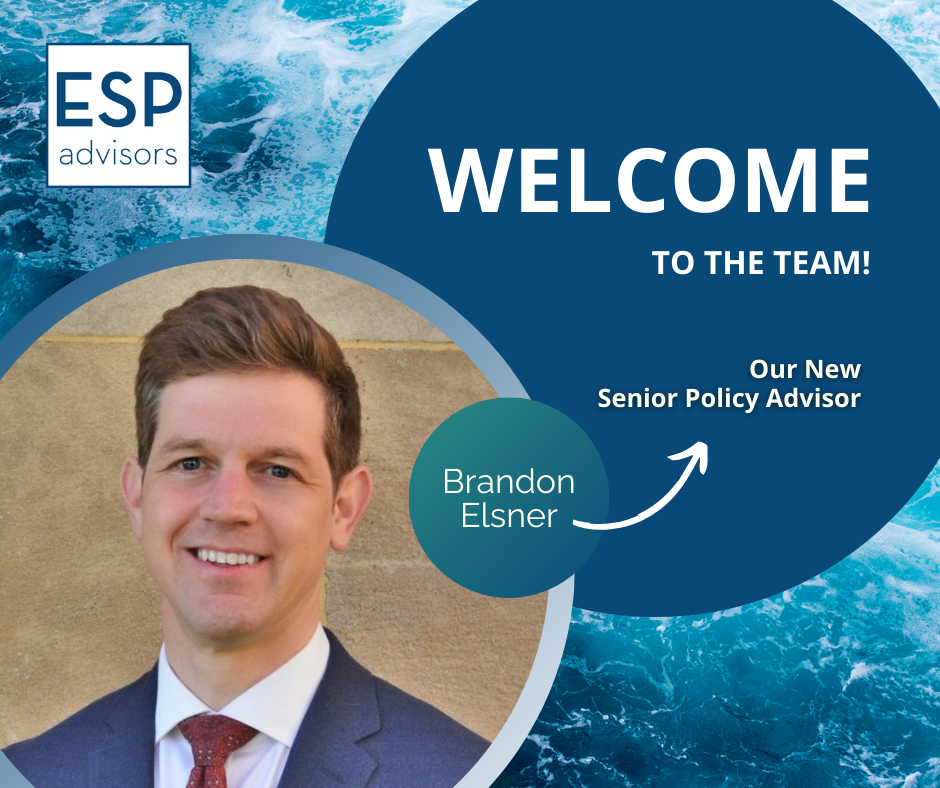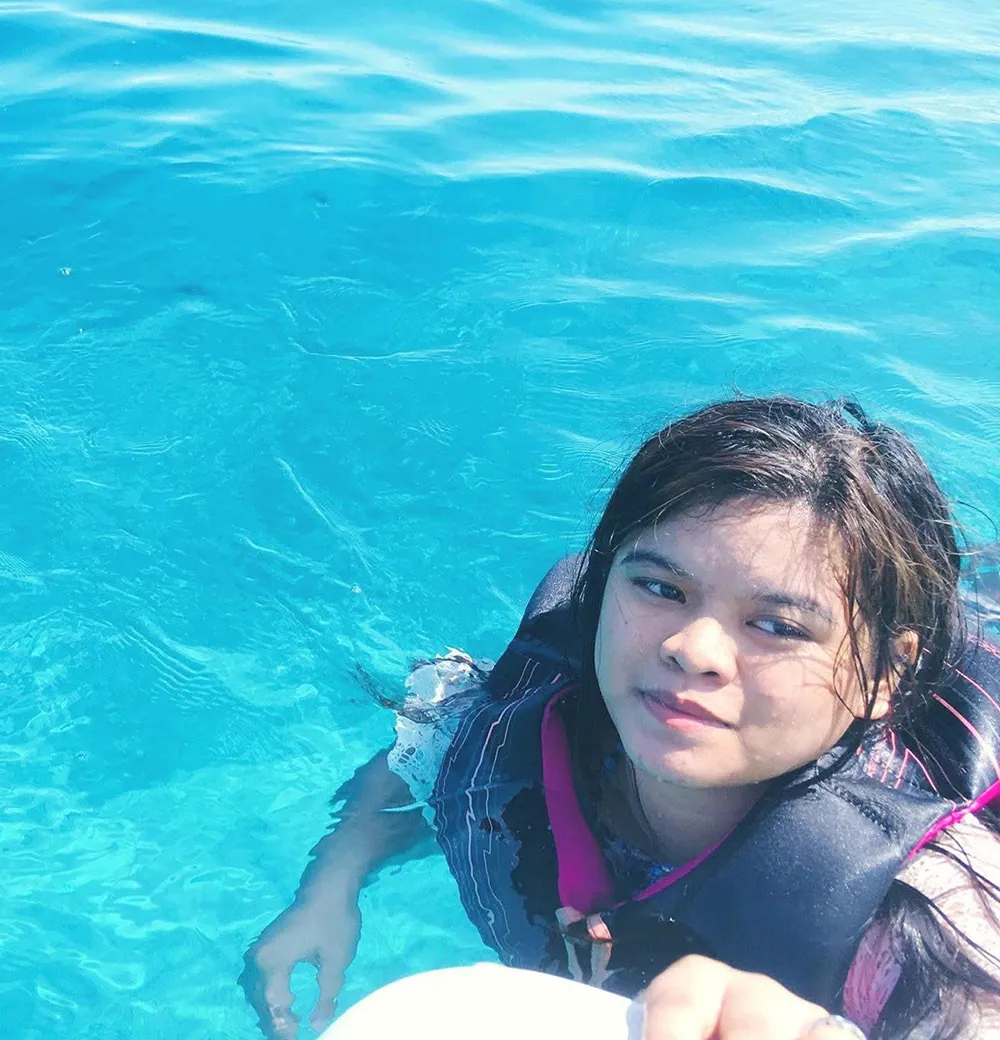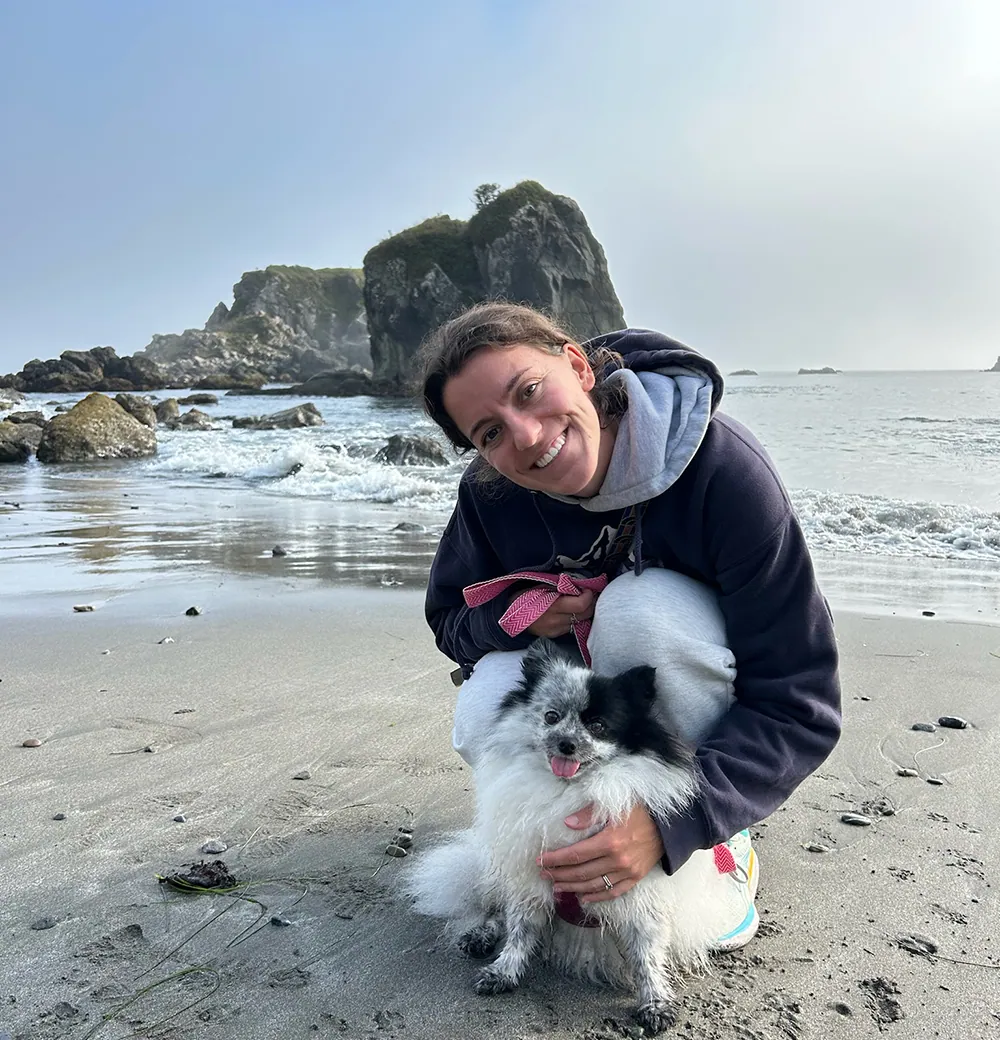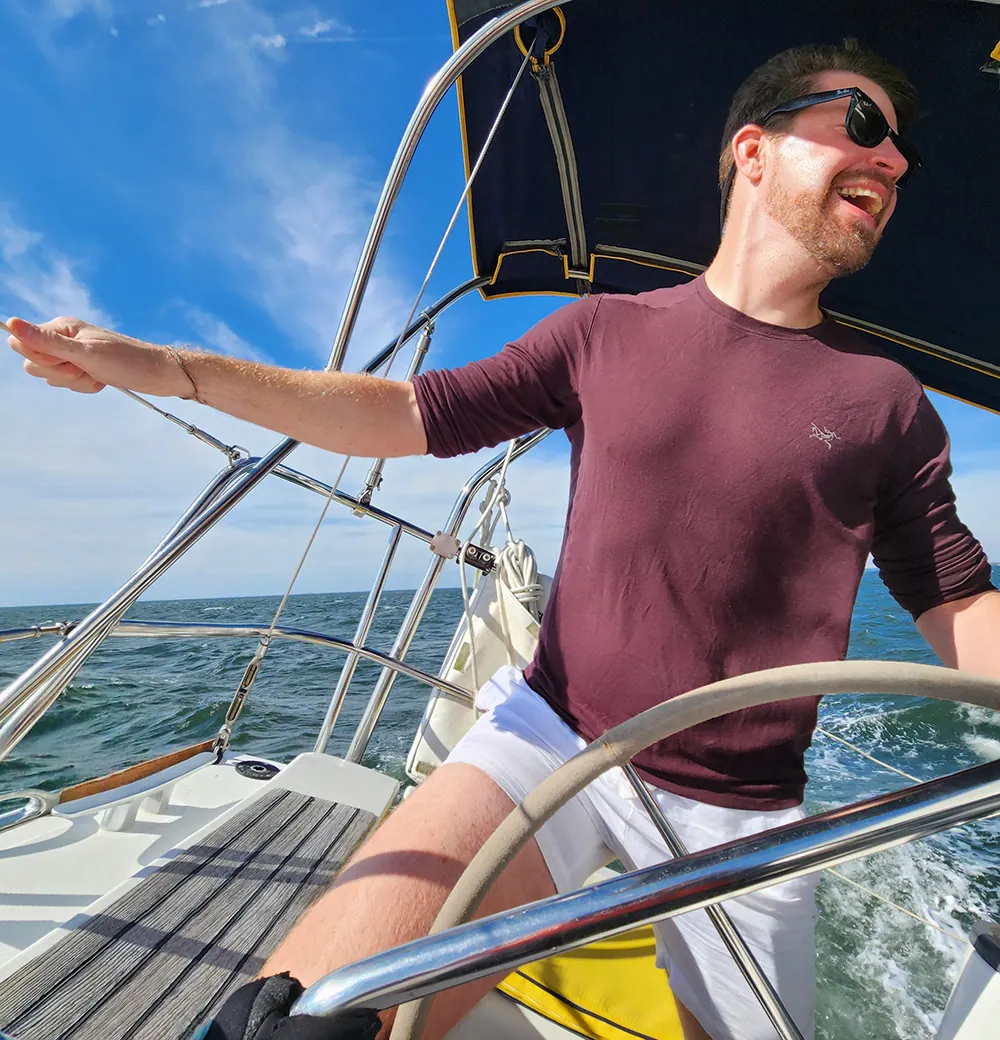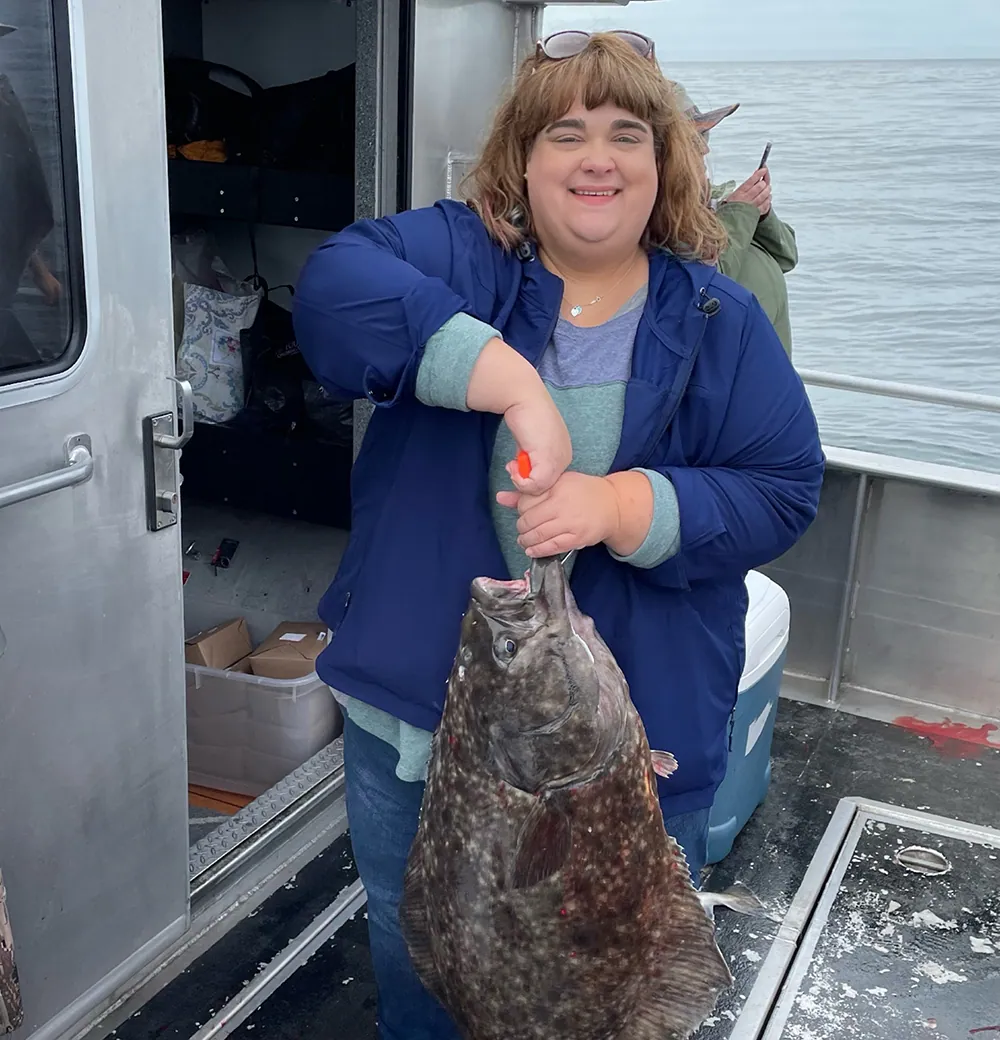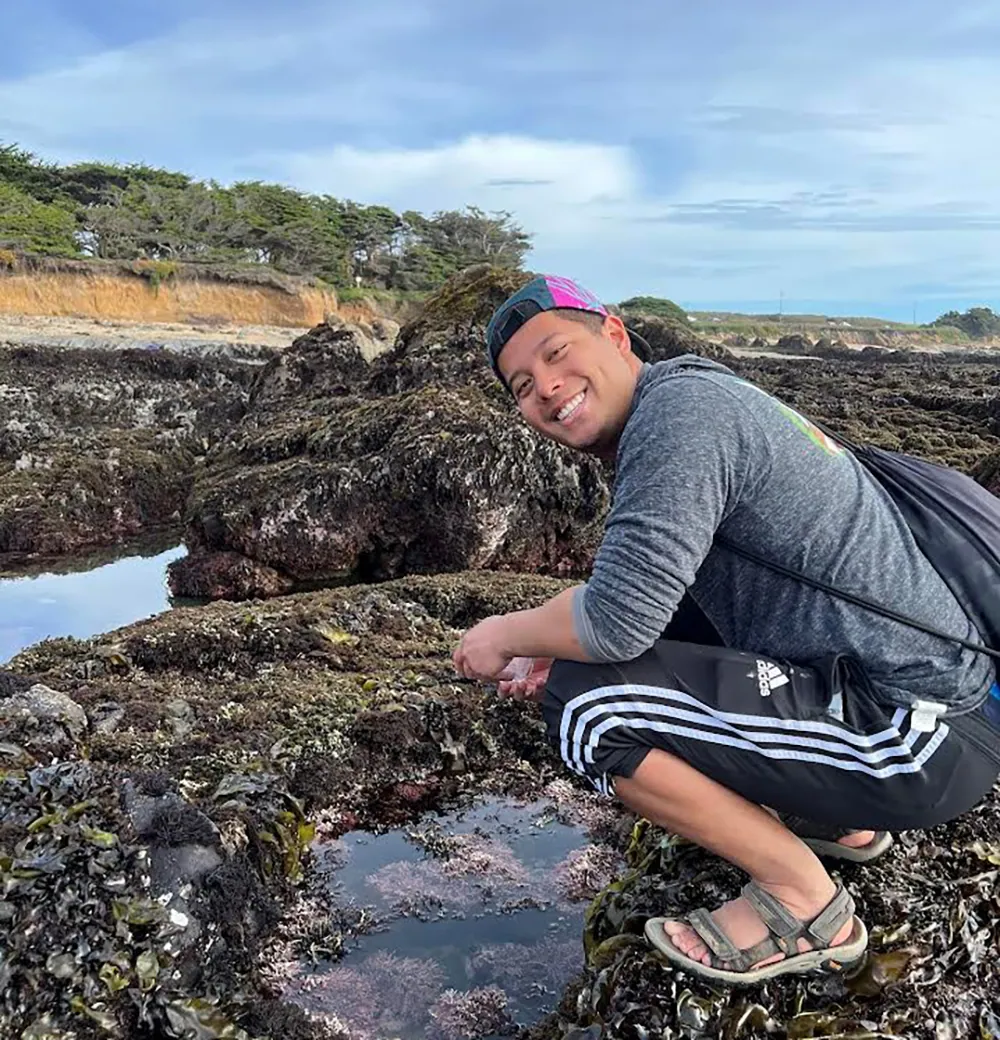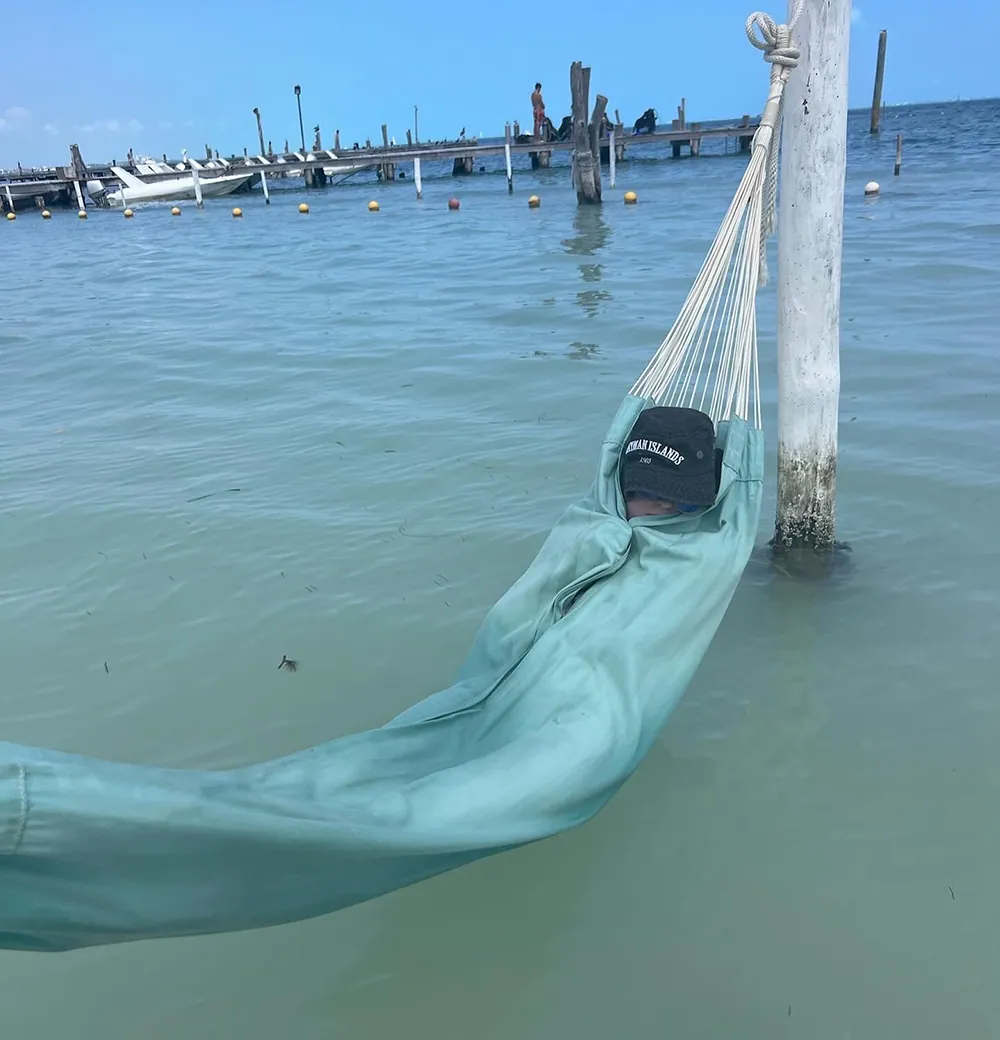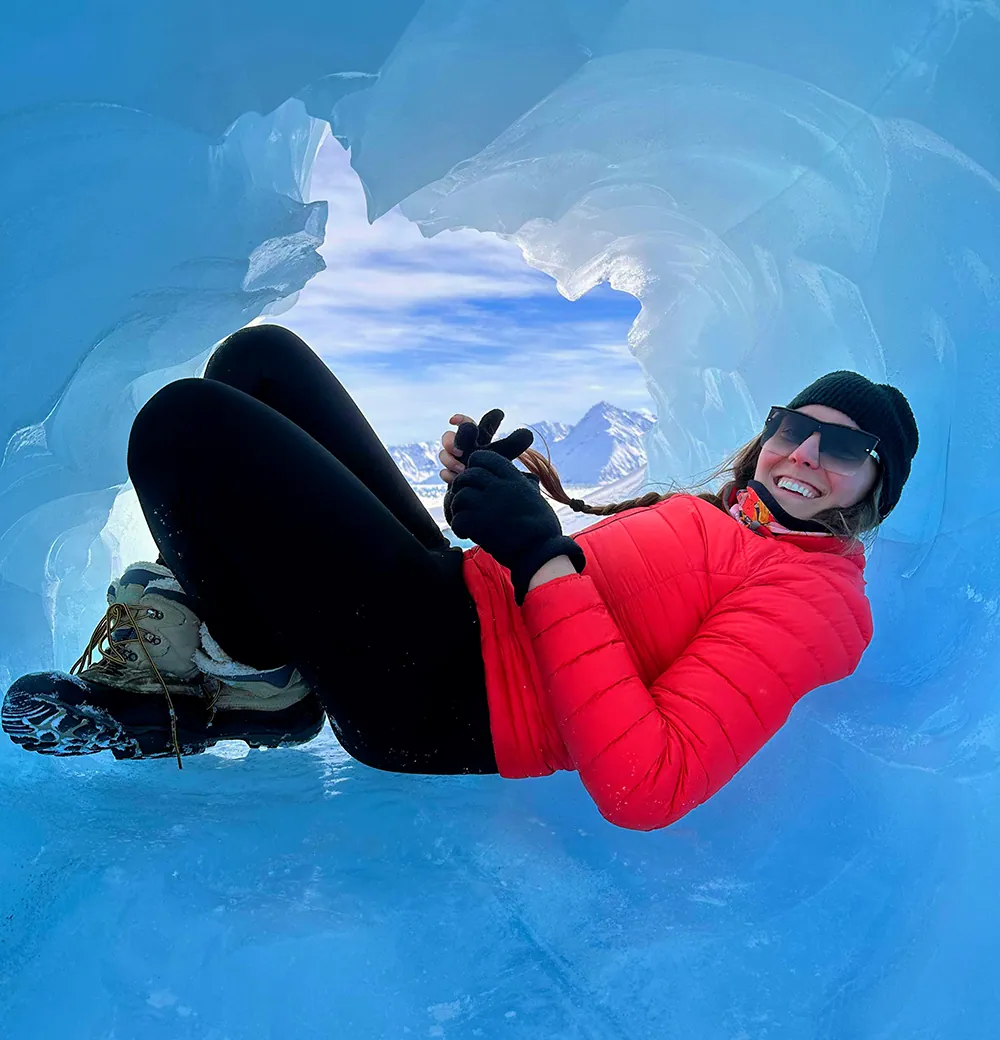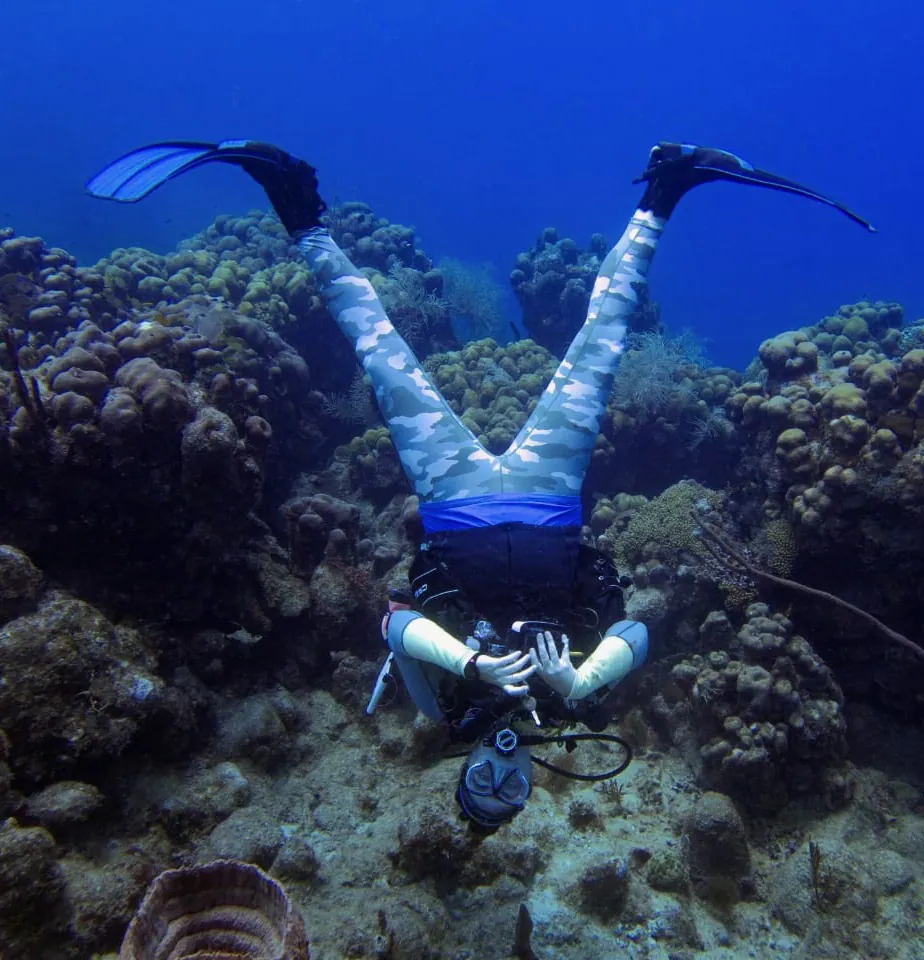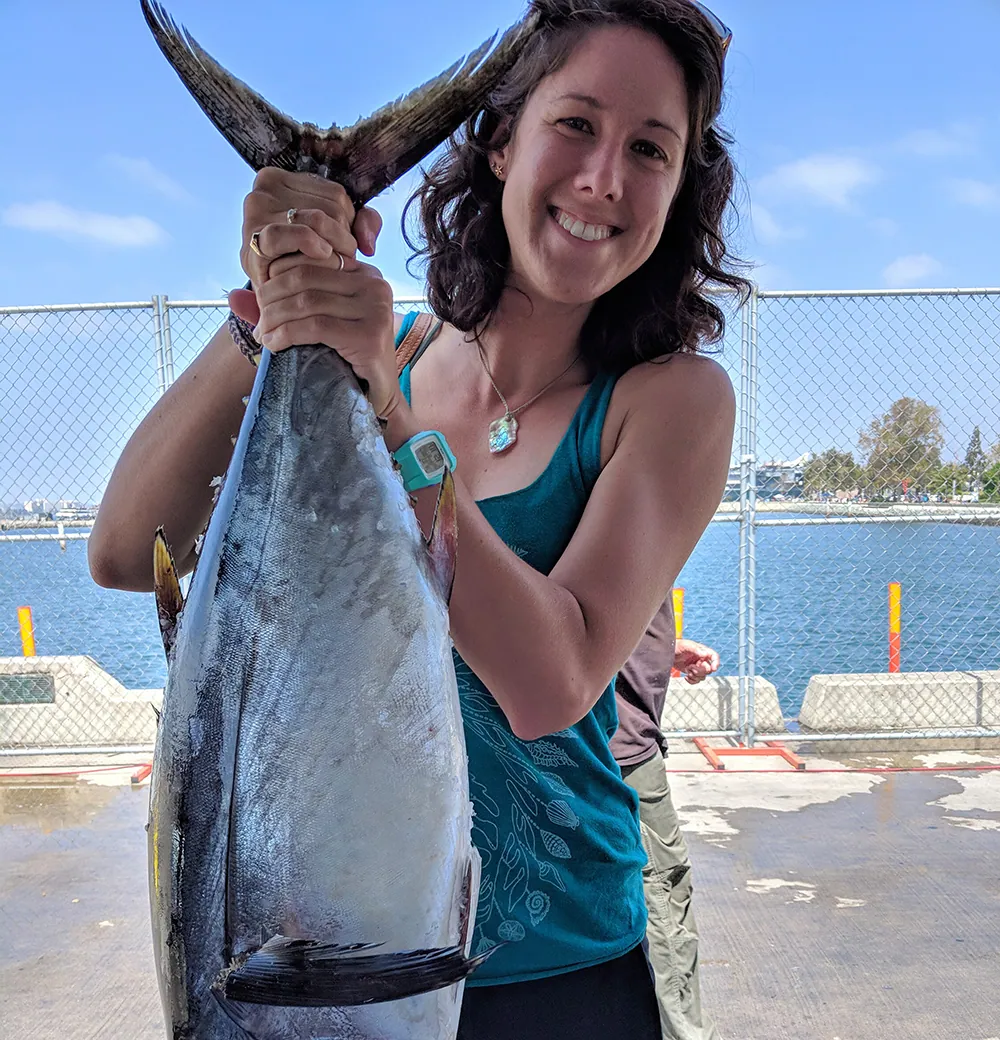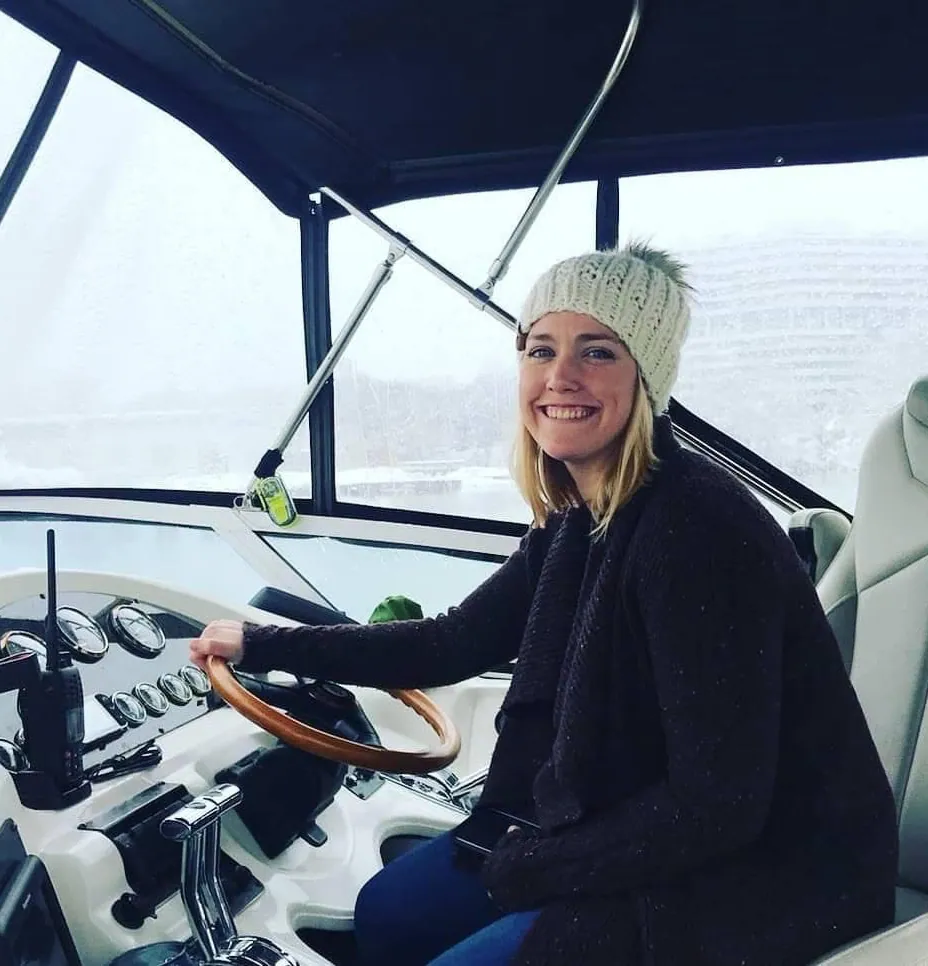We’re excited to introduce Brandon Elsner as the newest member of the ESP Advisors team. Brandon brings a wealth of experience in government affairs, with a career spanning oceans, science, economics, and infrastructure policy. Brandon served in senior advisory roles at NOAA and the White House Council on Environmental Quality and worked on Capitol Hill as a Legislative Assistant for Senator Roger Wicker (R-MS). He also spent time fishing commercially in Alaska and later earned his M.S. Environmental and Natural Resource Economics from the University of Rhode Island.
Read on to hear about Brandon’s career journey, what drives his work, and what excites him most about joining ESP Advisors.
Where does your interest in the ocean come from?
For me, it was something that developed later in life. Growing up, I only went to the ocean a handful of times. What really got me interested was when I began commercial salmon fishing in Alaska after high school.
What path took you into ocean policy?
I started commercial salmon fishing the day after I graduated high school, and I did that every summer while I was in college. I began to respect and understand the ocean more and more each year. I decided to attend the University of Rhode Island for graduate school because they had a strong fisheries economics program. During my time there, I interned with NOAA in Gloucester, MA, and learned more about the complexities of fisheries, regulations, and the communities that are impacted by them. After graduate school, I was awarded the Knauss Fellowship and began working with Senator Wicker, where my policy work began in earnest.
What are you looking forward to in your work with ESP Advisors?
ESP Advisors has compiled a great team and group of clients. I’m looking forward to working with everyone to make a meaningful impact, hopefully move the needle on issues that are important to so many people, and having the opportunity to impact people in a positive way.
What’s something that blows your mind about the ocean?
That 40% of the global oceans are “deserts,” where there is little to no productivity or biodiversity. Also, the vastness and the limited knowledge we have of large areas of the ocean are very intriguing to me.

